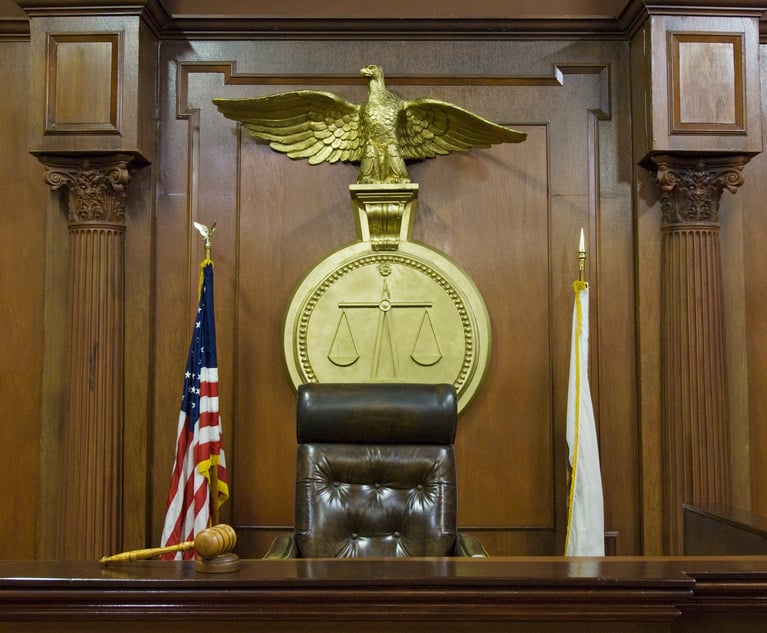The U.S. Supreme Court concluded a momentous term in June, resolving hot-button cases involving gun rights, election law, social media platforms and presidential immunity—just to name a few. While many of the court’s opinions will have major implications for Americans, it is the court’s crackdown on the power of government regulators that may have the most profound effect of all. Last term’s rulings left federal agencies in a weaker position than at any time in the last 50 years.
Historically, court review has starkly favored the government, but the Supreme Court’s recent decisions have created new opportunities, and a more level playing field, for those challenging overreaching federal regulations and regulatory enforcement. The court eliminated its historic doctrine of deference to agency interpretations of the governing law, shook up established agency practices for adjudicating enforcement actions, opened the door to new challenges to longstanding rules, and scrutinized agency reasoning with skepticism toward claims of expertise. The court’s rulings this term suggest that the climate for litigating against the government has never been more favorable than it is now.


 L-R: Ben Fabens-Lassen, Ilana Eisenstein, Peter Karanjia and Samantha Chaifetz of DLA Piper. Courtesy photos
L-R: Ben Fabens-Lassen, Ilana Eisenstein, Peter Karanjia and Samantha Chaifetz of DLA Piper. Courtesy photos




